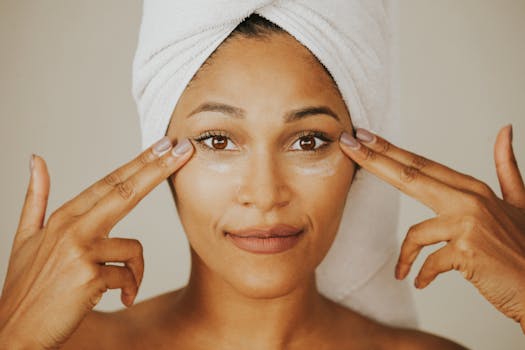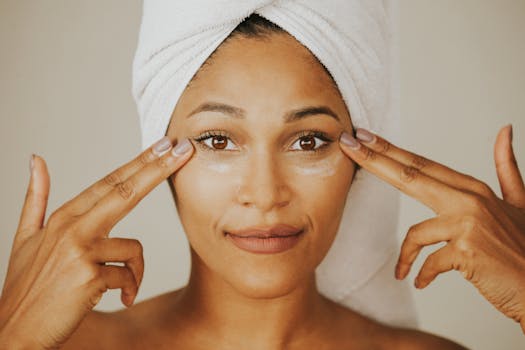
In the popular film ‘The Substance,’ Demi Moore portrays a 50-year-old actress who turns to a black market anti-aging drug, which leads to dire consequences. While turning back the clock is impossible in reality, the trend of biological age tests suggests that individuals might manage the rate of physical decline. Biological age differs from chronological age, reflecting one’s health through various markers. For instance, some individuals claim to be much younger biologically than their actual age, such as a 59-year-old proclaiming a biological age of 21.
Biological age is determined by algorithms analyzing biomarkers, such as DNA methylation and proteins. These metrics can provide insights into one’s health and risk for diseases like heart disease and cancer. Although several companies offer these tests, experts express skepticism about their reliability and the immediate actionable value of the results.
Some believe biological age testing can initiate positive lifestyle changes, while others caution against relying solely on these numbers. Research is ongoing to determine the specific lifestyle factors that most effectively alter biological age. Ultimately, despite the allure of potential youthfulness, aging remains an inevitable process, leading to a common interest in exploring biological age.







